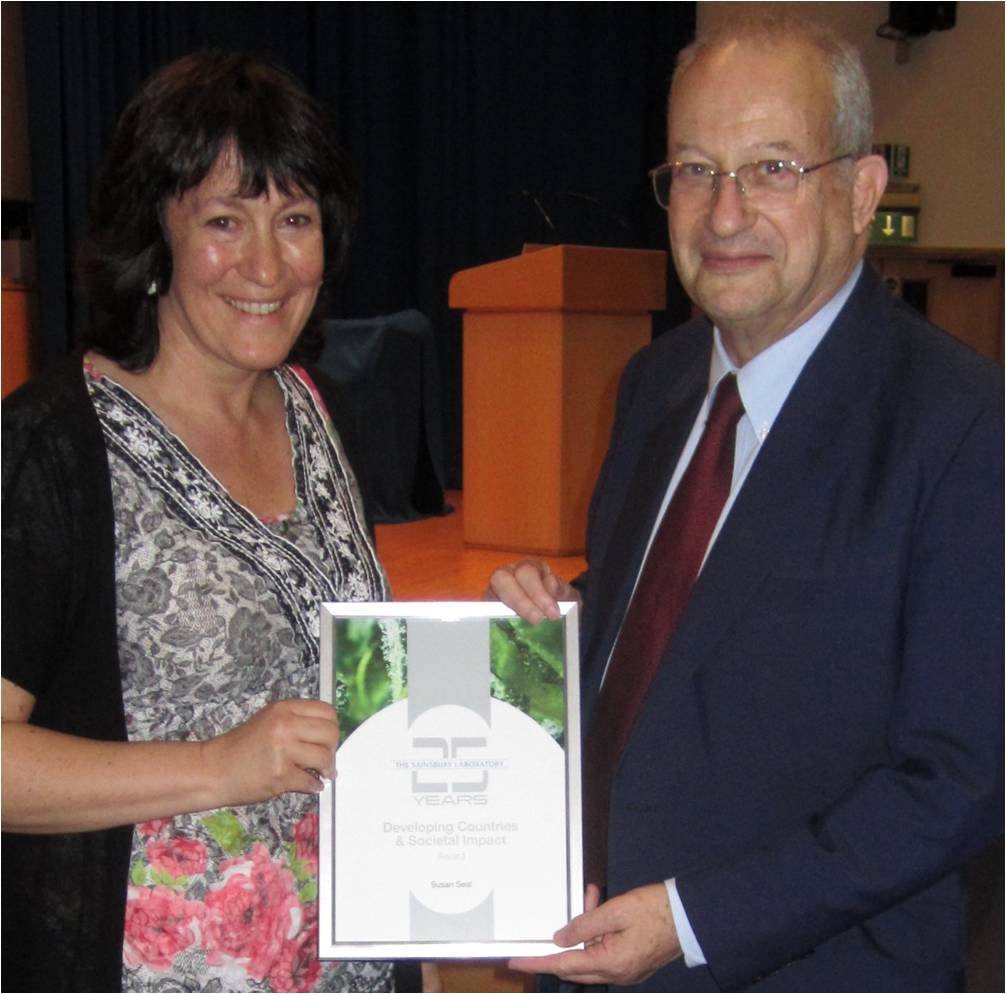
NRI has been working with the Food Research Agency (FRA) and the World Food Programme on a pilot project to improve, monitor and evaluate grain quality control and to develop a mobile data collection system in the Katete District of Eastern Zambia.
In recent years there has been an unprecedented increase in the production of maize in Zambia, and as a consequence, larger quantities of grain have been procured by the FRA. However, there have been problems associated with grain quality and postharvest losses. These problems are mostly a result of challenges to do with quality at grain procurement, long periods of temporary storage, and inadequately maintained permanent storage.
The objective of the pilot project was to test improved methods and new technologies to strengthen systems and procedures that will minimise losses and increase efficiency.
A team of Quality Checkers was recruited and trained at the Katete depot. Their role was to sample all shipments of maize on arrival, grade the maize and record the results.
The mobile data collection system designed for this project by Summum Engineering, Zambia, allowed users to record, present, analyse and respond to feedback on the quantity and quality of purchases in real time, using handheld Samsung Galaxy tablets. This enabled the identification of high-risk areas and then prompted remedial action.
The benefits accruing from the pilot project are numerous. For example, after the quality of the purchased maize was consistently monitored, 99.6% of deliveries were found to be of grade A. Information on daily purchases from Katete's 22 Satellite Collection Points was captured and available at the main depot in real time, enabling 100% accountability for all the district's stocks. Furthermore, Katete's good quality maize stocks were protected through proper fumigation, reducing the risk of early deterioration.
Bruno Tran, NRI's lead on this project, says: "We are very excited: we have demonstrated that we can improve the FRA's operations and the management of their stocks. We have built good relationships with FRA staff and management, and we are now engaging with them in the process of reviewing lessons learnt and planning for future developments; the first of which will be the design and roll-out of short courses on grain management for the whole agency".

